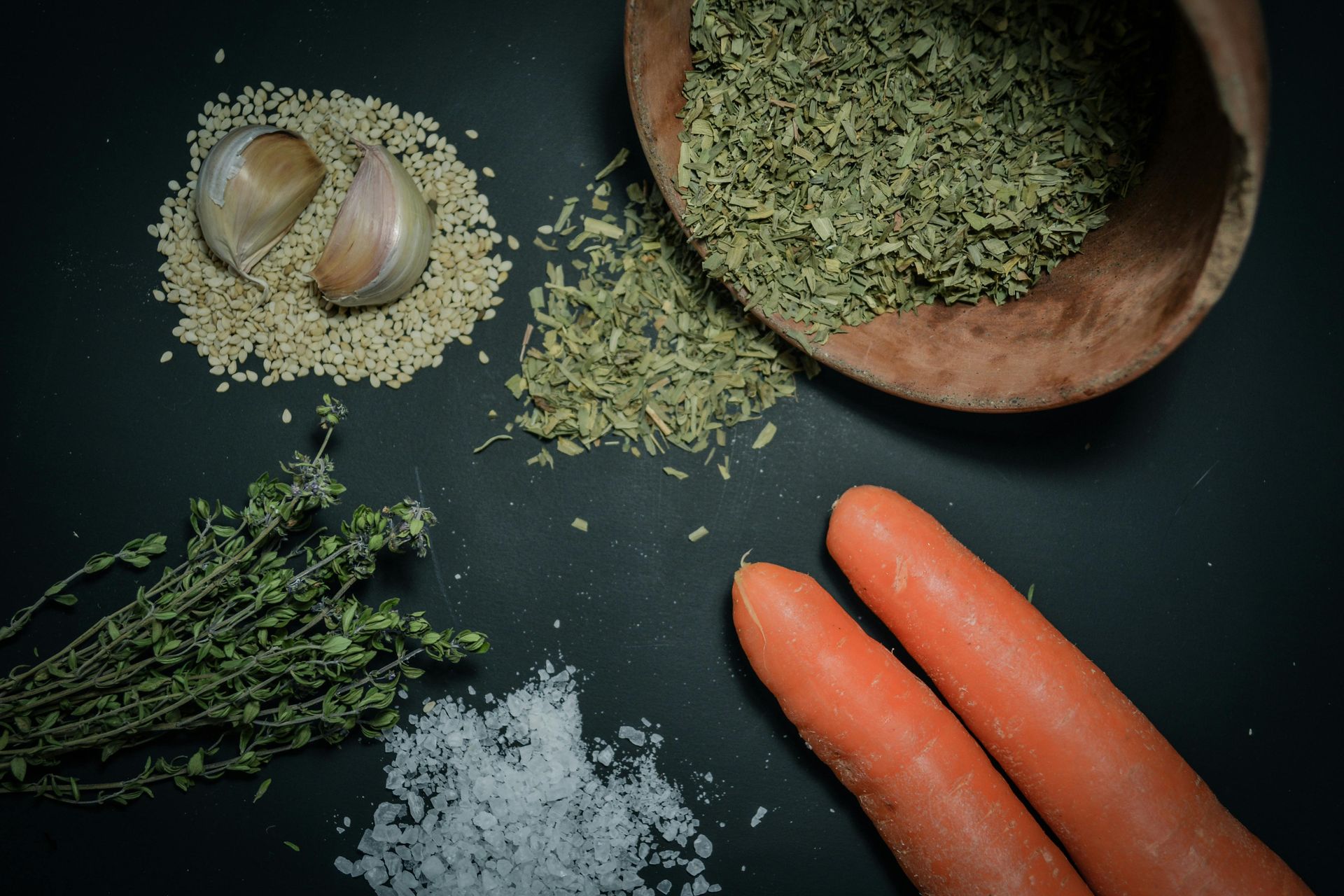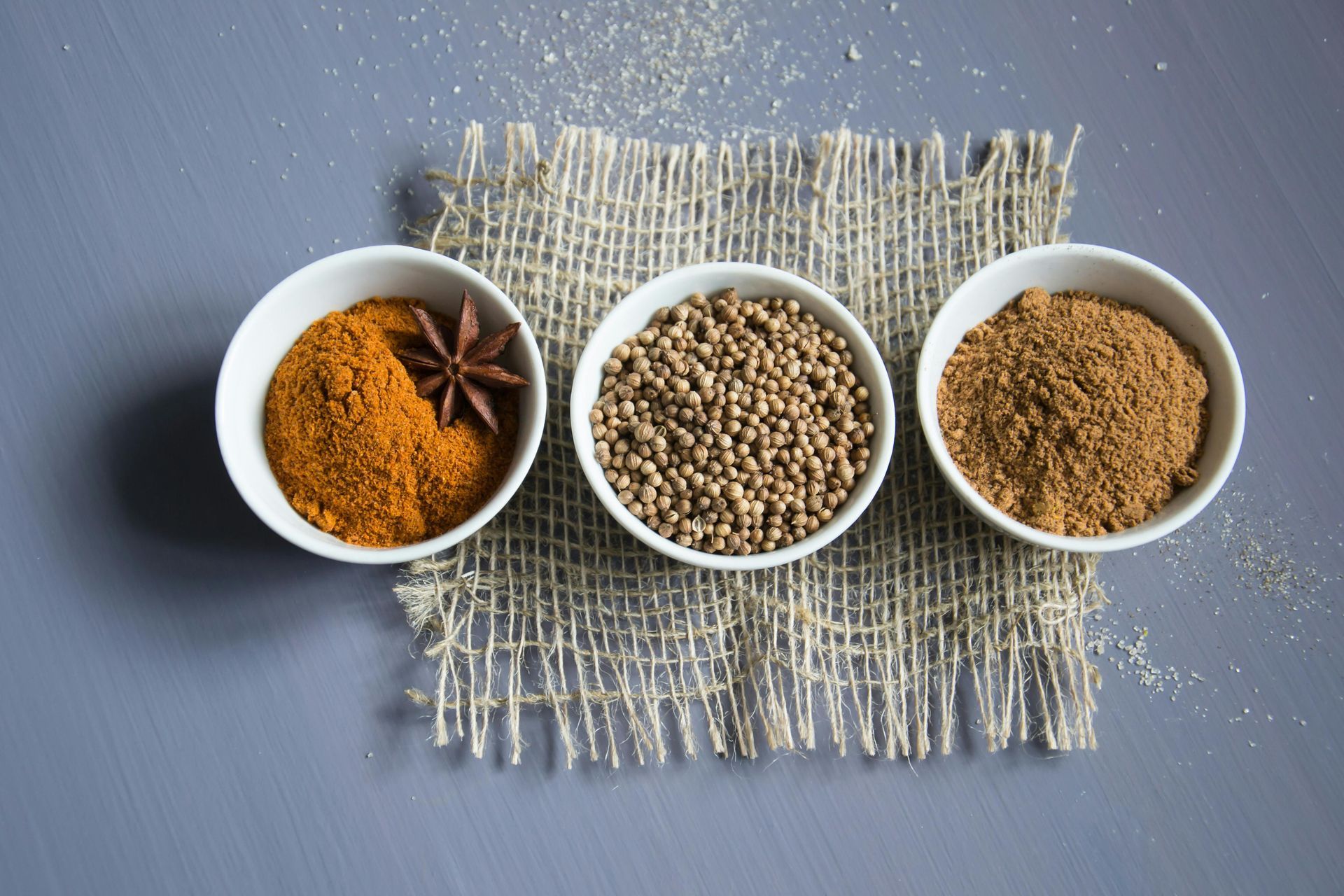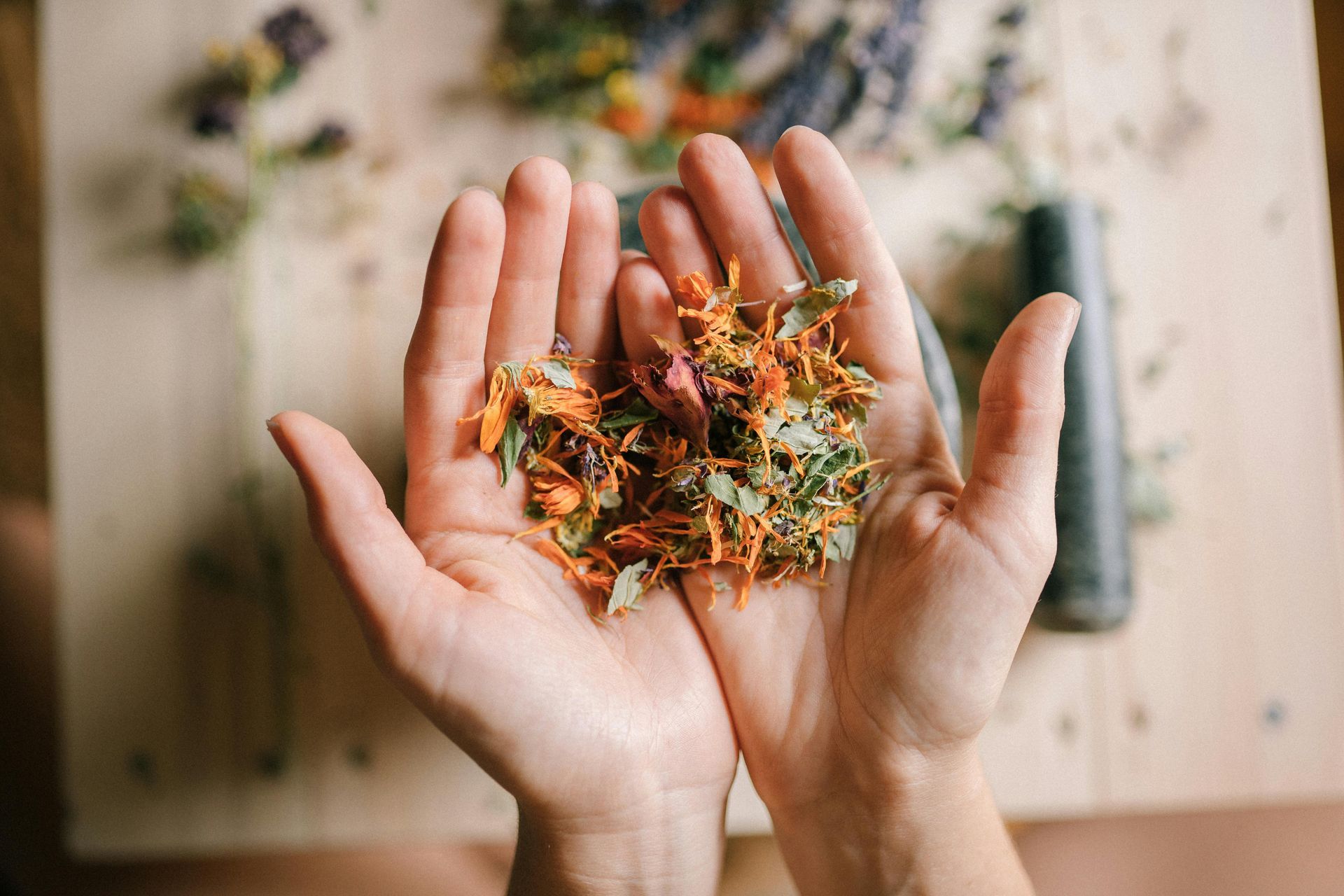Using Herbs to Support Grief: A Nutritional Perspective on Healing
Why Herbs for Grief?
Grief is an incredibly personal experience, and the journey through it can feel overwhelming and isolating. Whether you’re grieving the loss of a loved one, a relationship, or a significant life change, it’s natural to experience emotional, mental, and even physical challenges. In addition to seeking support through therapy or support groups, many people turn to herbal remedies as a complementary approach to help navigate the difficult emotions that accompany grief.
As an herbalist and grief educator, I believe that nourishing the body can also help nurture the mind and spirit, especially during times of emotional stress. Herbs have been used for centuries for their healing properties, and some can provide soothing support when you’re dealing with grief. While no herb can replace the grieving process or the need for emotional healing, they can offer comfort and balance to your body, mind, and spirit as you move through this challenging time.
Why Herbs for Grief?
Grief affects the body in profound ways. You might feel fatigued, have trouble sleeping, experience anxiety or depression, or notice changes in appetite or digestion. Herbs can help address these physical and emotional symptoms by providing gentle, natural support for the nervous system, improving mood, promoting relaxation, and helping restore energy.
Herbs work synergistically with the body, and many have adaptogenic or calming properties that can help regulate the body’s stress response, which is often heightened during periods of grief. While herbs are not a replacement for professional therapy, they can be a supportive addition to your self-care routine as you heal.
5 Herbs That Can Help Support Grief
1. Lavender (Lavandula angustifolia)
Lavender is one of the most well-known herbs for calming the nervous system, and it can be especially helpful when grief leads to feelings of restlessness or anxiety. Known for its relaxing and soothing properties, lavender can promote restful sleep, ease tension, and help reduce feelings of stress.
- How to use it: You can use lavender in several forms—aromatherapy oils (diffused or applied topically in a massage), teas, or capsules. A cup of lavender tea before bed can promote relaxation and improve sleep quality during emotionally turbulent times.
2. Chamomile (Matricaria chamomilla)
Chamomile is another herb often used to ease anxiety and stress. Known for its mild sedative properties, chamomile helps calm the mind and reduce feelings of tension or worry that often accompany grief. It also supports digestion, which can be helpful if you’re experiencing digestive upset due to stress.
- How to use it: Chamomile tea is a simple and calming way to incorporate this herb into your daily routine. A cup of chamomile tea in the evening can help promote relaxation and reduce restlessness, making it easier to rest and process your emotions.
3. Ashwagandha (Withania somnifera)
As an adaptogen, ashwagandha is known for its ability to help the body cope with stress. If you’re feeling overwhelmed by grief, ashwagandha can help reduce feelings of anxiety and restore balance to your body’s stress response. It also supports energy levels and can help with fatigue, which is often common during the grieving process.
- How to use it: Ashwagandha can be taken in supplement form, often as a powder or capsule. It can also be added to smoothies or teas. If you find that grief is leading to exhaustion, ashwagandha can help restore your vitality and provide a sense of calm during emotional upheaval.
4. Lemon Balm (Melissa officinalis)
Lemon balm is part of the mint family and is well-regarded for its calming effects on both the body and the mind. It has mild sedative properties that can help with anxiety, nervousness, and the emotional overload that comes with grief. It also supports healthy digestion, making it useful if stress is causing stomach discomfort or loss of appetite.
- How to use it: Lemon balm can be enjoyed as a herbal tea or taken in tincture form. The fresh lemony aroma is also uplifting, which can help improve your mood when you’re feeling down or withdrawn.
5. St. John’s Wort (Hypericum perforatum)
St. John’s Wort has long been used as a natural remedy for mild to moderate depression and emotional imbalance. If grief has led to feelings of sadness or low mood, this herb can help promote a more positive outlook. It works by influencing serotonin levels in the brain, the neurotransmitter responsible for regulating mood.
- How to use it: St. John’s Wort is available in capsules, tinctures, and teas. Be mindful, though, that it may interact with certain medications, so it’s important to consult with a healthcare provider before using it, especially if you’re on antidepressants or other medications.
Other Herbal Supports
In addition to the herbs above, there are several other plants that may offer emotional support during grief:
- Holy Basil (Tulsi): Known for its ability to help the body adapt to stress, holy basil is another adaptogen that can bring a sense of calm and clarity.
- Passionflower: A gentle herb that can help relieve anxiety and insomnia, often used when grief leads to restless nights.
- Valerian Root: Ideal for calming the nervous system, valerian root is often used to improve sleep and reduce anxiety during emotionally intense times.
Grief is a deeply individual experience, and the healing process takes time. While herbs can offer valuable support, they are just one tool in a holistic approach to coping with loss. Along with herbal remedies, it’s important to seek out emotional support, whether that’s through therapy, talking to loved ones, or engaging in practices like journaling or meditation.















